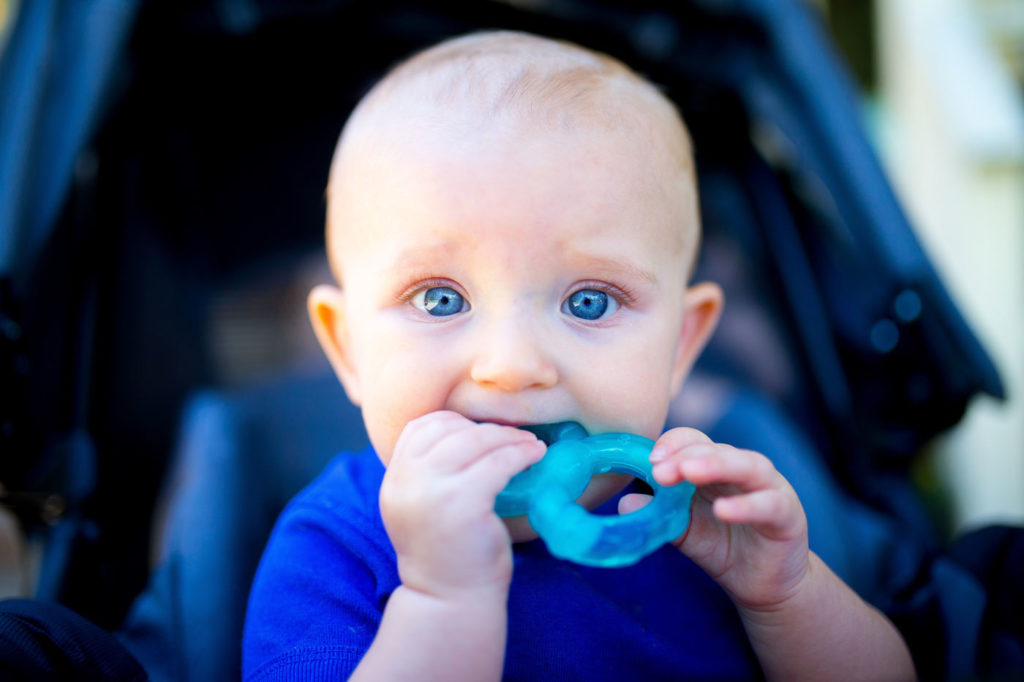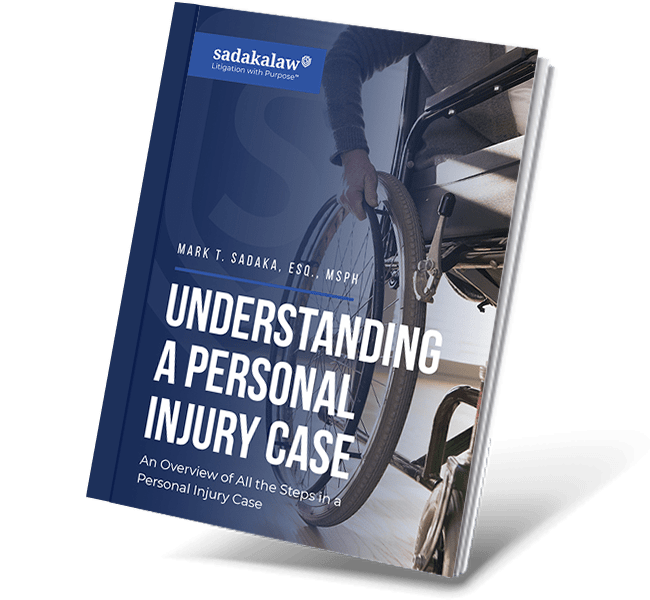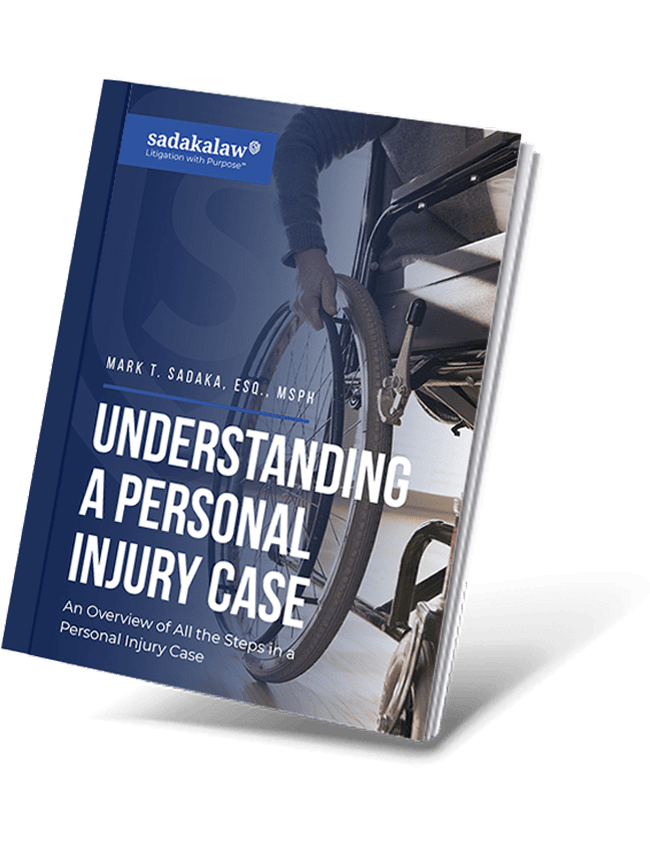
Teething can be a trying time for parents when their children appear to be experiencing a lot of pain. Naturally they want to be able to provide relief for them. However, some of the teething products that have been relied on for years, are now considered unsafe. One, that was first marketed in 1902, under the name Anästhesin is Benzocaine. This is the active ingredient in popular teething pain products, such as Baby Orajel.
What are the Dangers?
According to reports from the US Food and Drug Administration (FDA), benzocaine can cause a condition known as methemoglobinemia. This is a disorder that is rare, but serious, particularly for children under the age of two. Methemoglobinemia causes a significant reduction in the oxygen carried through the blood stream and can lead to death. It is also known as Blue Baby Syndrome. What are the symptoms of this disorder? They include:
- Rapid heart rate
- Difficulty breathing
- Becoming lightheaded
- Headache
- Sleepiness
- Bluish or Pale skin
- Blue or gray nails
The onset of these symptoms can occur only minutes after the use of this product or even a couple of hours after use. Other products containing benzocaine are Anbesol, Chloraseptic, Topex, Hurricaine, Cepacol, and Orabase. Although the FDA is not asking that products for adults containing benzocaine be removed from the market, they are requesting new information labels.
Warnings Issued by the FDA
The FDA is warning consumers to stop using these products for teething pain in children. Warnings had been issued previously in 2006, 2011, and 2014. Over 400 cases of methemoglobinemia have been reported to the FDA since 1971, including 119 reported between 2009 and 2017. There have been four deaths attributed to this disorder caused by the use of products containing benzocaine.
Another warning has been issued by the FDA concerning unsafe teething products that include homeopathic teething gels and tablets. These gels and tablets are sold by Hylands and CVS online and in their stores. An advisory was issued on September 30, 2016 warning people to return these products to the store where they were purchased or throw them away.
In 2010 an alert was issued about the tablets after testing by the FDA found they contained different amounts of belladonna. Again on January 27, 2017, they announced that upon laboratory testing of particular homeopathic teething tablets, the amount of belladonna present was much more than what was listed on the product’s label.
Belladonna is also known as “Deadly Nightshade” and has been used as a poison as well as a medicine for many years. The agency is conducting research and investigating the product, but the gels and tablets are still available. One of the harmful effects reported to the FDA after children were given the homeopathic teething tablets was seizures. Others include rapid heart rate, dry mouth and skin, an increase in body temperature, dilated pupils, hallucinations, and agitation.
Families with children that have been harmed by the use of products deemed unsafe have the right to seek compensation. Consulting with an attorney is the best way to determine if you have a case when it comes to problems experienced because of unsafe teething products.
The majority of people expect the drugs or medications they purchase to be adequately tested for safety prior to their availability to the public. This does not always happen. Often injuries can occur resulting in huge medical bills, loss of wages, continuing medical problems, and even the death of a family member.
Contact the Law Offices of Sadaka Associates for help if your child has experienced adverse effects after the use of a teething product.


